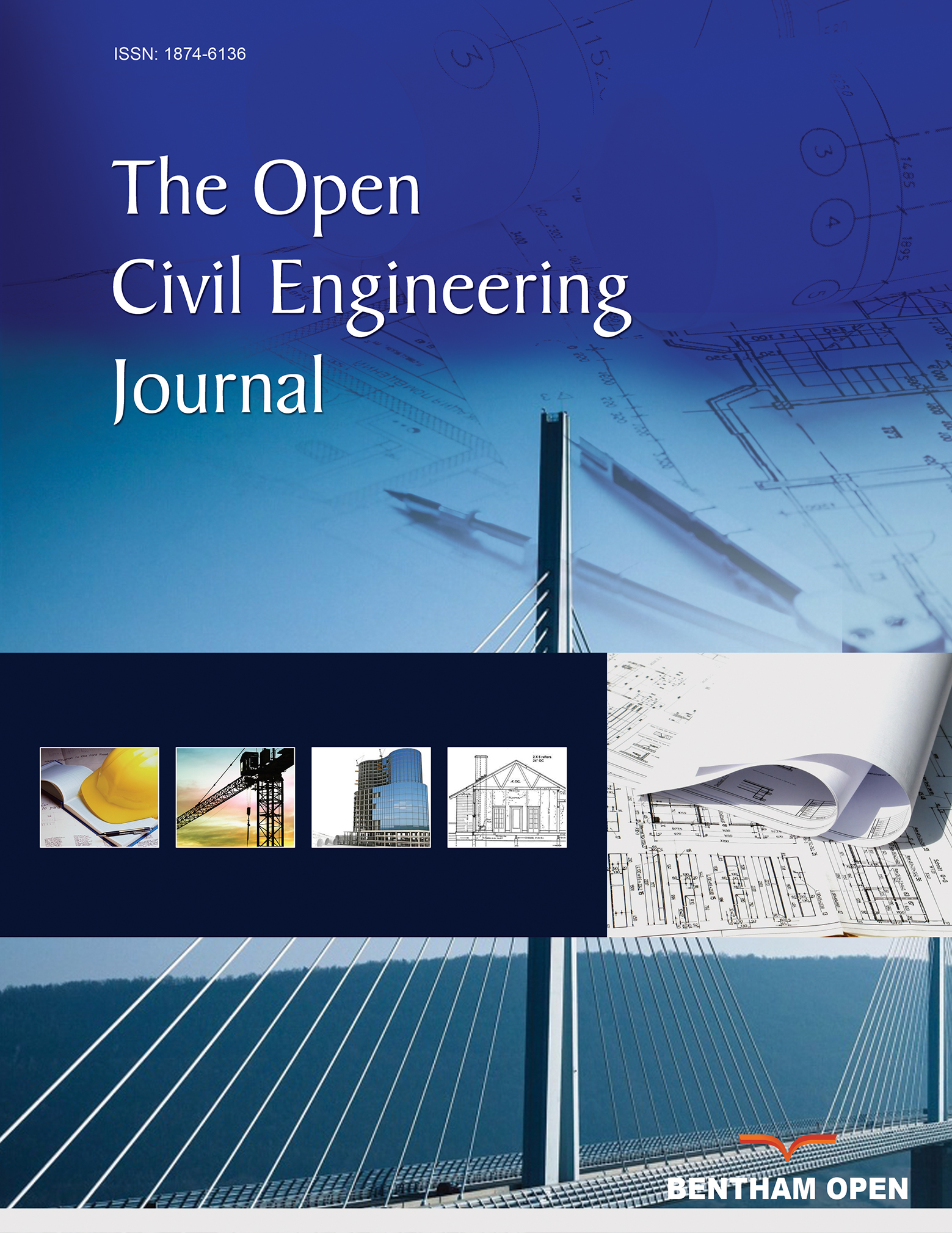All published articles of this journal are available on ScienceDirect.
Evaluating the Management of Critical Success Factors of Residential Complex’s Projects and their impact on Cost, Time, and Quality in Erbil Governorate
Abstract
Background:
The characteristics of any project require a specific type of management. Companies and project management associations all over the world started to develop and follow these standards. Best practices in project management, if followed, may increase the chances of success in achieving goals when dealing with projects. Many studies and researchers worked earlier on critical success factors (CSF). Each type of project has its own CSF that should be considered during construction.
Objective:
This study focuses on covering the notion of residential complex projects (RCP) success according to two fundamental components (success criteria and critical success factors by identifying the critical success factors (CSF) on the basis of their large impact on the golden triangle (cost, time, and quality), and calculating the degree of actual practicing of each factor.
Methods:
A questionnaire survey has been adopted and distributed to a sample of 142 stakeholders involved in the construction of residential complex projects to calculate their impact on time, cost, and quality. Moreover, a case study for 20 constructed projects has been adopted to evaluate the average fulfilments of 8 identified management success criteria and 8 identified project success criteria using a questionnaire survey. Finally, the degree of management success and project success for each project has been calculated.
Results:
The results reveal 17 CSF ranging between large and very large impact on managing residential complex projects. The highest rank is realistic cost estimate and projects completed within the budget, adequate risk identification and management procedures, adequate project management tools, techniques, and standards. The study revealed that project success criteria differ from one project to another and the relative priorities among critical success factors may change for different projects even if they are of same type not only among different types of projects. The results show that management success doesn’t guarantee project success because success means different things to different people. User’s satisfaction is essential for project success.
Conclusion:
A scientific base should be used to identify CSF with a significant impact on the golden triangle and combine it with project success criteria. That is the classic answer for the measurement success, because it could be easily applied and normally gathers consensus within stakeholders. This study will contribute an improvement to the existing management system.


